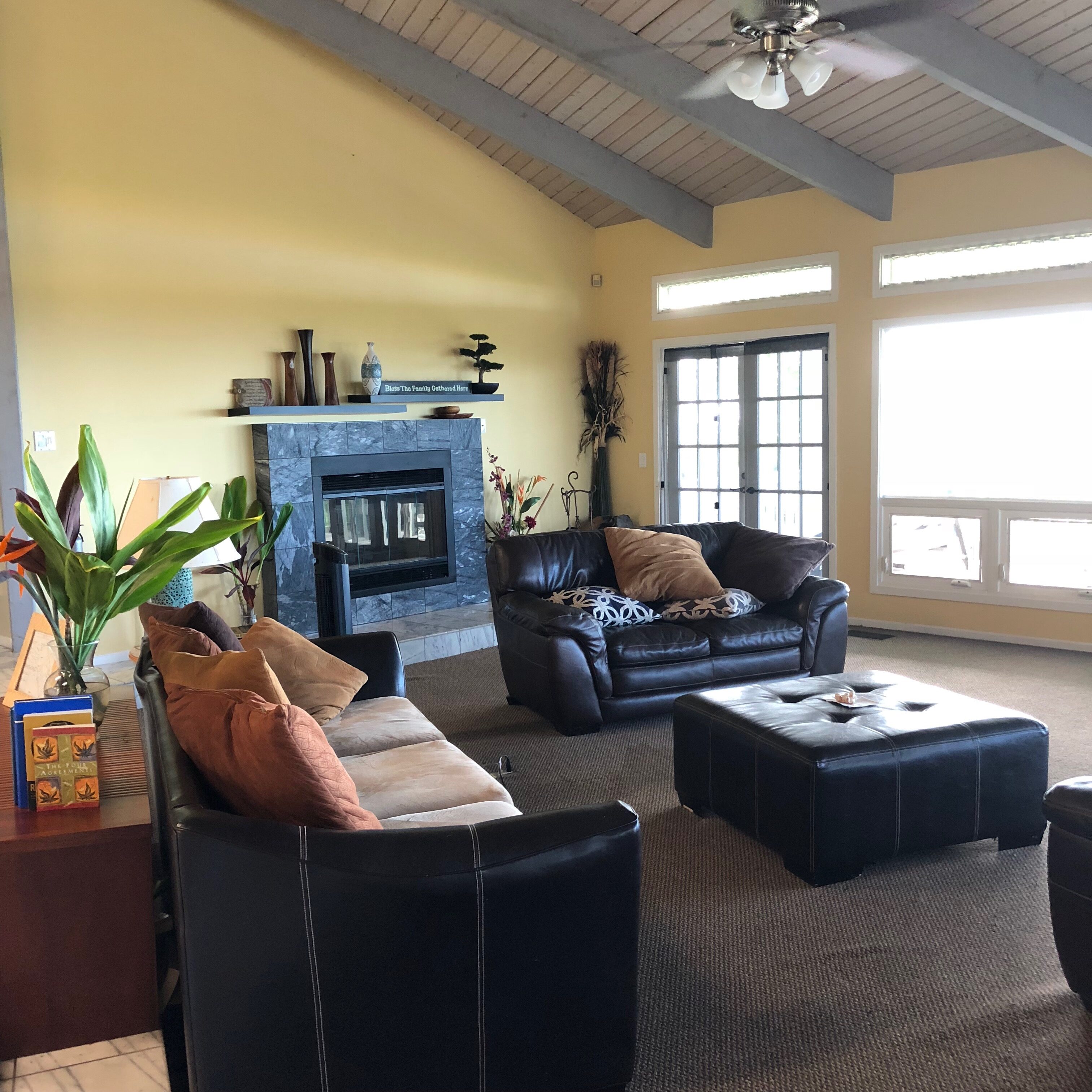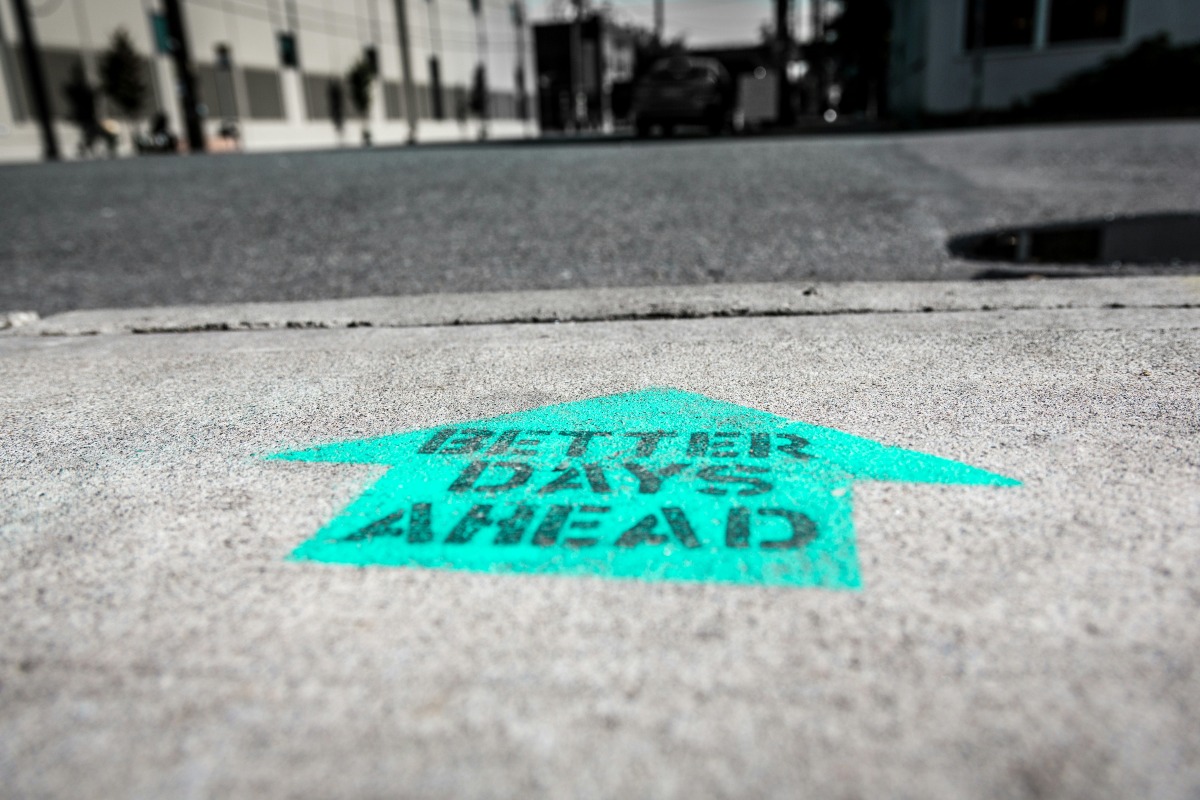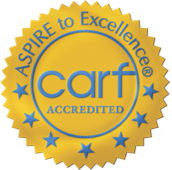Committing to a dedicated professional treatment program is a major step in overcoming addiction, mental health disorders, or a combination of the two. However, for those preparing to engage in a dedicated residential treatment program like those available at Hawaii Island Recovery, it is important to prepare for residential treatment to make the most of its transformative potential. Residential treatment can be an amazing time of sober change, but setting expectations and mentally adjusting to change to truly focus on new experiences and effectively challenge difficult feelings is necessary for the best approach to a new and sober daily life.
The Benefits of Residential Treatment
Addiction is a complicated disease, and it will affect each person, family, and community differently. Finding the right treatment program for each person is paramount to addressing the intense, personal, and devastating effects of addiction. Each person will also respond differently to various forms of treatment, from outpatient care to residential treatment programs. However, residential treatment can be personalized to address individual needs while living alongside peers and professionals, creating a transformative approach to challenging the use of drugs and alcohol while also exploring personal needs, goals, and sober change in a safe environment.
During residential treatment programs, an individual will live on-site at a dedicated treatment facility, receiving around-the-clock care to address addiction, urges, cravings, and the varied effects of mental health disorders. Talking with Hawaii Island Recovery professionals can help each person decide if residential treatment is the right option for each individual. Understanding the benefits of this approach can also empower each person to best prepare for residential treatment and the changes ahead.
Some of the benefits of residential treatment include:
- Constant care and supervision to help manage urges, cravings, and other effects of addiction
- Exposure to a safe, understanding, and empowering sober environment
- Entirely new daily routines and exercises to distance oneself from previous lifestyles
- Access to a community of peers to challenge feelings of isolation or doubt that are common throughout any stage of recovery
- A plethora of new opportunities to engage in recovery-focused activities, such as experiential therapies and communal healing efforts
- Build connections with trained professionals to navigate new challenges
- Exposure to a plethora of varied therapeutic modalities and self-care outlets to explore what works best for each individual
Residential treatment can be an effective approach to treatment, helping individuals challenge and distance themselves from past daily routines that may be associated with stress, anxiety, depression, and substance use while replacing daily routines with entirely new activities and mentalities. It can also be the beginning of a new lifestyle in sobriety completely separate from past expectations and connotations.
However, despite the benefits of residential treatment for those overcoming addiction in daily life, it is still common to harbor reservations about committing to residential treatment. Feelings of doubt and even uncertainty if residential treatment will work for each person are common, with many people unsure if they are willing to leave home for an extended stay at a treatment facility. Making an effort to prepare for residential treatment and talking to professionals to explore how each treatment program can be personalized for an individual’s stay is paramount, ensuring that each person’s time in residential treatment is effective and customized to address the unique stresses and effects of each person’s addiction recovery journey.
How to Prepare for Residential Treatment
Deciding to commit to a residential treatment program should be celebrated, and it is completely normal to be excited at the prospect of engaging in effective healing while also feeling nervous about the commitment ahead. Making an effort to prepare for residential treatment beforehand can be instrumental in empowering each person to engage fully with the healing potential of the program from the first day, opening an individual up to the most change possible in their sober journey.
To effectively prepare for residential treatment, an individual may have to make mental adjustments to their expectations and adopt new perspectives and routines while ensuring that their home lives are situated during their stay. However, while making these adjustments can be difficult, there are things that each person can do to best prepare for residential treatment and make the most of each day in recovery.
Talk About the Program Beforehand
Addiction is devastating, and many people may be looking for any help they can find. However, not all treatment facilities are the same or will approach addiction and recovery with the same mentality, ideas, amenities, and strategies. Knowing the values and mission of the treatment facility, as well as the strategies and therapeutic modalities employed, is necessary to best prepare for residential treatment.
This means talking to the facility about each person’s history, goals for recovery, and expectations and exploring if a given facility is the right fit and can effectively personalize each person’s stay for the most effective approach to addiction recovery. For example, some treatment facilities may take a religious approach to treatment that will resonate more with those open to exploring healing through religion but may not be a great fit for those seeking to address addiction and their recovery outside of a religious context.
Asking questions about the facility can help individuals familiarize themselves with the atmosphere and community of a given treatment facility to decide if they will be a good fit for their approach to healing modalities. It can also help set expectations and personalize each person’s stay as early as possible. Hawaii Island Recovery champions the ability to personalize each stay with new experiences geared toward each person’s unique challenges and goals. Being willing to ask questions can empower each person to make the most of each moment in treatment by feeling personally invested and accepted at a given treatment facility.
Prepare for Residential Treatment by Understanding the Expectations
Just as a person may set expectations of a given treatment facility to help them approach addiction and sobriety with support and understanding, residential treatment programs will also set expectations for those in recovery as well. To best prepare for residential treatment, discussing what will be expected of each person when they arrive and begin their stay is necessary.
First, many treatment facilities may expect an individual to engage in group therapy sessions and various therapeutic modalities. While not all people will necessarily reap the same rewards from the same treatment strategies, it is important to keep an open mind and a willingness to explore new experiences, opportunities, and ideas. Some therapeutic modalities like yoga can take time and multiple engagements before they will begin to truly benefit a person. Each person will be expected to give each approach a fair shot.
Likewise, there are also expectations regarding personal responsibilities while living at a dedicated treatment facility. Daily chores, maintaining cleaning and hygiene, and even engaging in communal efforts are all part of the healing process and ingratiate oneself into a recovery community. At Hawaii Island Recovery, not only will a person be expected to engage with professionals and peers alike in group activities, but those living in residential treatment will also work together on weekends to cook meals together, deepening a sense of community, regardless of a person’s previous cooking experience levels.
Talking with a dedicated treatment facility is the best way to prepare for residential treatment and understand both the expectations a person has of the facility and what expectations an individual will have while living on-site.
Packing for Your Stay
Those beginning to prepare for residential treatment may be intimidated packing for their stay. However, while it can be tempting to bring any number of personal items, it is important to pack as lightly as possible, sticking largely to just the essentials. Clothes and toiletries, with a few personal items, are typically all that is permitted. Many other necessities will be provided by the facility. Talking to a treatment facility about packing can also often get a person a list of acceptable and unacceptable items and any other important information on packing.
Disclosing any medications, a person is taking, as well as when packing personal items like journals, books, or other things so long as they are permitted, is necessary to ensure the safety of not just those beginning their stay and challenging the effects of addiction but also to protect those already engaged in residential treatment from unnecessary outside stresses from impacting their recovery efforts.
Individual belongings will also be checked upon arrival at a residential treatment facility to ensure compliance with packing guidelines. While some personal items will be permitted, some are best left at home to ensure that a person is prepared to engage in group activities, experiential therapies, and more, in addition to the amenities already offered by the facility.
To Prepare for Residential Treatment Is to Prepare for Vulnerability
Addiction recovery is difficult, and each person who has lived with the disease may have many challenging and even traumatic memories associated with past substance use. However, engaging in both individual talk therapy and group therapy sessions is necessary, which means each person will have to confront vulnerable topics, memories, and feelings. To prepare for residential treatment means to prepare oneself emotionally for these challenging topics.
Past mistakes, consequences of the use of addictive substances, and more are all part of a person’s journey through healing. It can be impossible to create the most effective, robust approach to healing possible if an individual is not prepared to discuss personal hardships and challenges that led them to seek professional treatment.
Talking to professionals beforehand can help an individual find the best language and headspace to address anxieties regarding these topics and even practice a few communication strategies to communicate personal needs during this time. While those in residential treatment will continue to develop these skills throughout their stay at Hawaii Island Recovery, working ahead of time to remove unnecessary barriers can further empower each person to make the most of their time in residential treatment. For some, preparing to face vulnerability can be as simple as talking with a loved one about these concerns. Others may journal personal reservations and experiences to help practice the language used and mentally prepare them for confronting these topics.
However, it is still normal to feel uncomfortable during these topics. Surrounding oneself with peers navigating their recovery and professionals trained in navigating these challenging topics can be the best place to truly confront these feelings while feeling safe, secure, and supported.
Know Your Goals
There is no “quick fix” to addiction or a way to quickly process all of its effects on a person’s health and life. It takes time to address its effects on a person’s mental and emotional health and its impact on professional life, family, and entire communities. Knowing a person’s goals for residential treatment can be a great way to focus each person’s efforts during this time of healing, empowering each person to further personalize their time with professionals and peers.
Writing down personal goals, such as practicing new grounding strategies to be used outside of treatment to develop personal sober relationships and finding new hobbies and self-care options, can keep these goals in focus. Internalizing these goals can also be paramount to measuring each person’s continued efforts in recovery and gauging when important milestones are reached. Discussing specific goals, keeping journals of progress, and more can all help each person manage their goals throughout their time in residential treatment.
Staying Connected
One of the most common reservations surrounding residential treatment involves a person’s concerns regarding communicating with the rest of the world. While a person may have to take time off from work to engage in residential treatment, an individual will also be away from their family, which can be intimidating. However, a person is not completely cut off from these people who matter so much, and to best prepare for residential treatment, it can be important to have a plan to stay connected.
Residential treatment facilities may have many protocols in place to help those in recovery stay connected with the outside world. At Hawaii Island Recovery’s drug and alcohol inpatient treatment centers, each program is designed to engage in the most holistic healing possible, with involving the family in healing efforts being essential for sustainable sobriety. Understanding the avenues of access and limitations of connecting with family and others outside of the treatment facility is necessary. An individual can also prepare for residential treatment by discussing family treatment programs and how potential visits will be handled to create a healing plan alongside family members and loved ones.
Prepare for Residential Treatment by Getting Paperwork in Order
The paperwork surrounding residential treatment is also important, and it is important to take these things seriously to streamline and facilitate the intake process. Likewise, working with family and peers to create an effective emergency contact list can be an amazing asset, as it can not only ensure that emergency contacts will be available in the event of such a crisis but can also ensure that those beginning their healing journey at residential treatment can engage in the program while still feeling supported by family members and friends at home.
Residential treatment can be intimidating, and it is completely normal to be nervous during this time. These programs are filled with entirely new ideas, daily routines, and many changes that can hit a person each day. New perspectives, exercises, sleep schedules, hobbies, people, and more can all bring feelings of anxiety and fatigue. However, residential is also the best way to distance oneself from past lifestyles that may hold self-destructive connotations or reminders of past use.
The journey to sobriety is not just about ceasing the use of addictive substances that have negatively affected a person’s life – it is about a truly transformative approach to a new life without these substances, with new hobbies, lifestyles, and more all being part of this transformation. By committing to a residential treatment program, individuals can explore what a sober life can look like for them while still practicing the necessary skills to maintain their sobriety outside the walls of a facility when they graduate from this level of care.
Residential treatment can be a truly transformative approach to healing, but you will have to prepare for these changes to make the most of each day in recovery. At Hawaii Island Recovery, each program at our drug and alcohol inpatient treatment centers can be personalized to address your unique needs and goals in recovery, personalizing each program to address not just the effects of addiction on your daily life, but also your personal goals, professional life, family, and community. We also blend proven therapeutic modalities with community healing efforts and spiritual healing practices to provide a holistic approach to sobriety and change. For more information on how we can personalize a program for you, call us today at (866) 390-5070.












